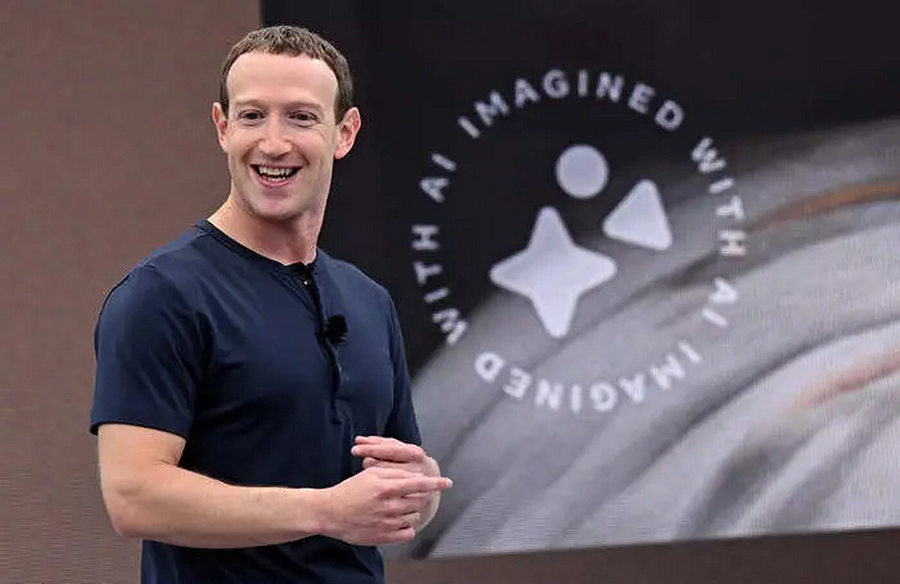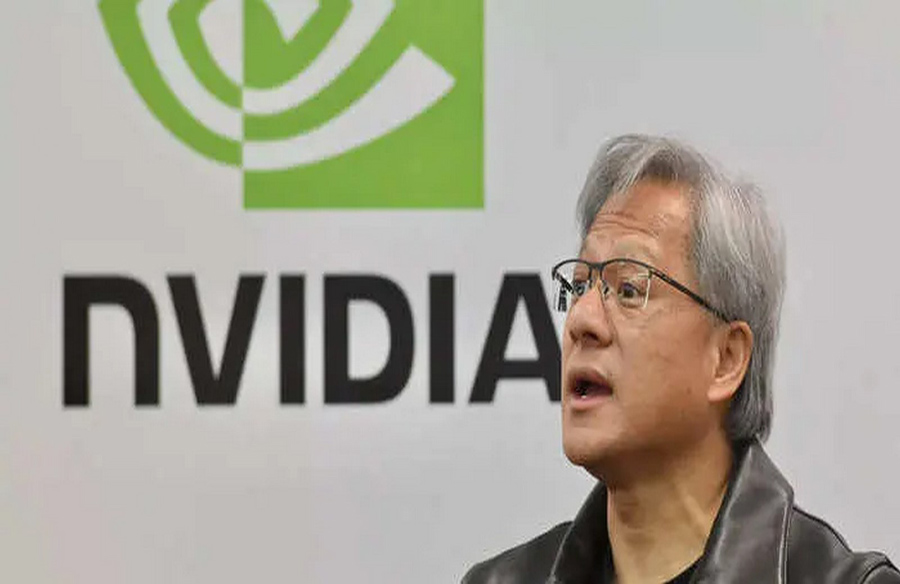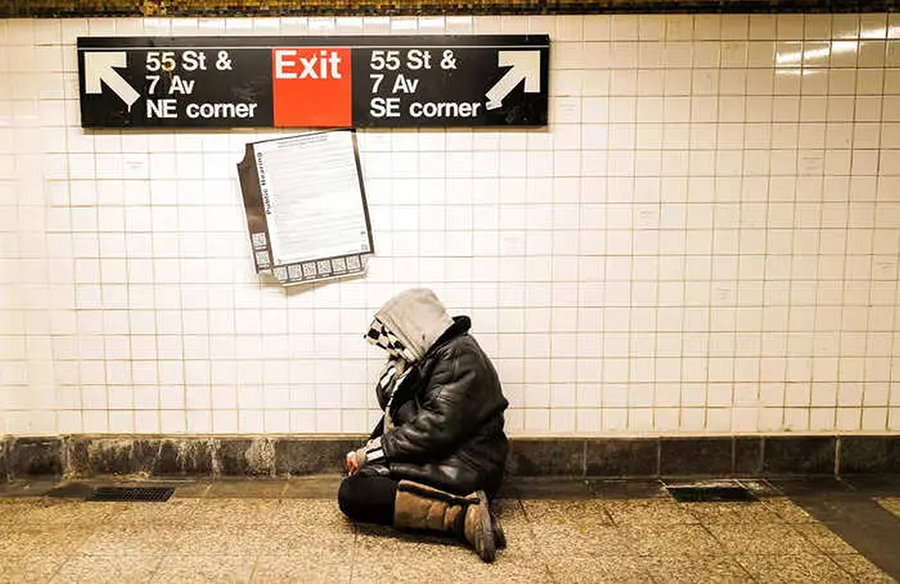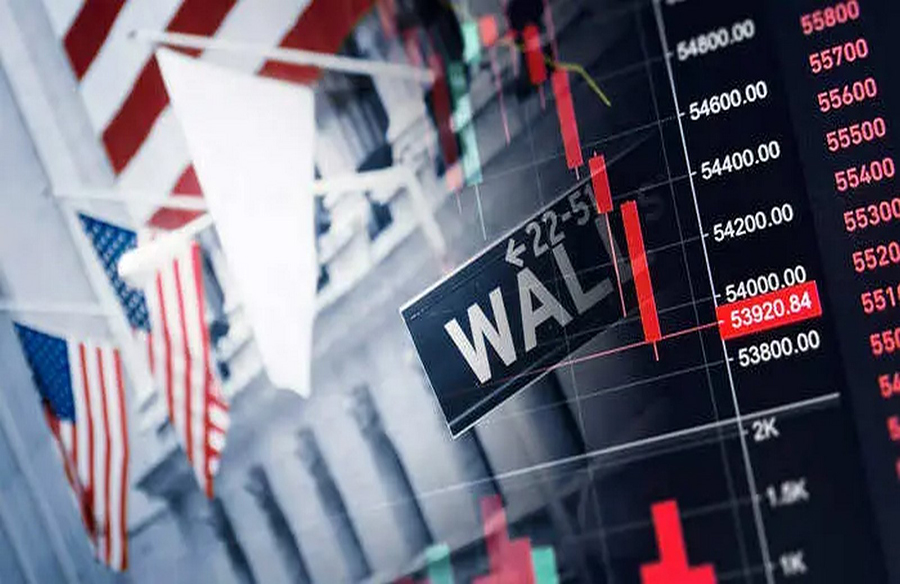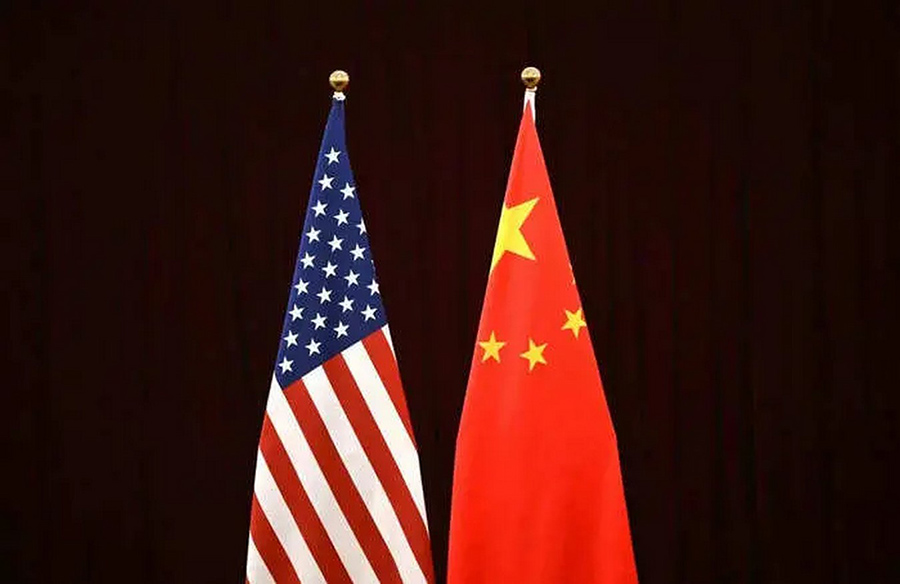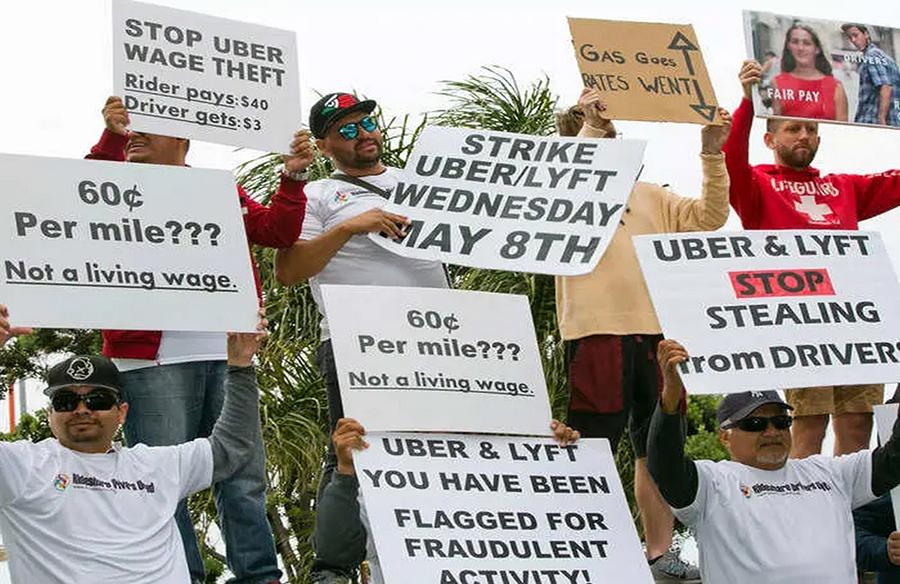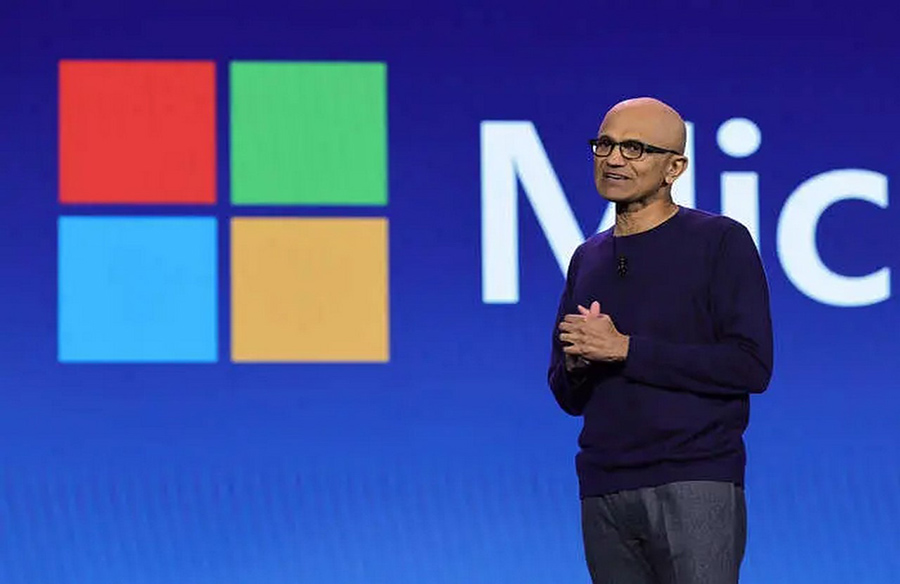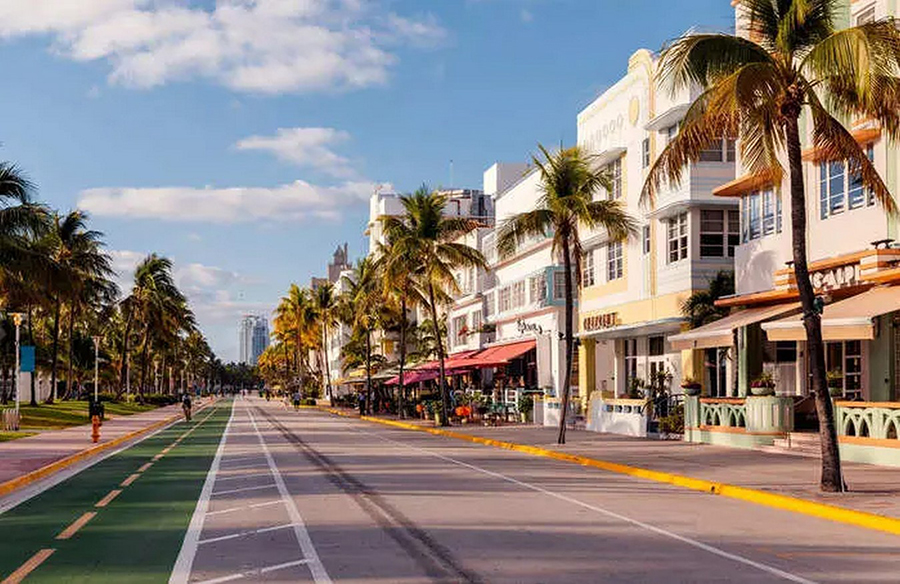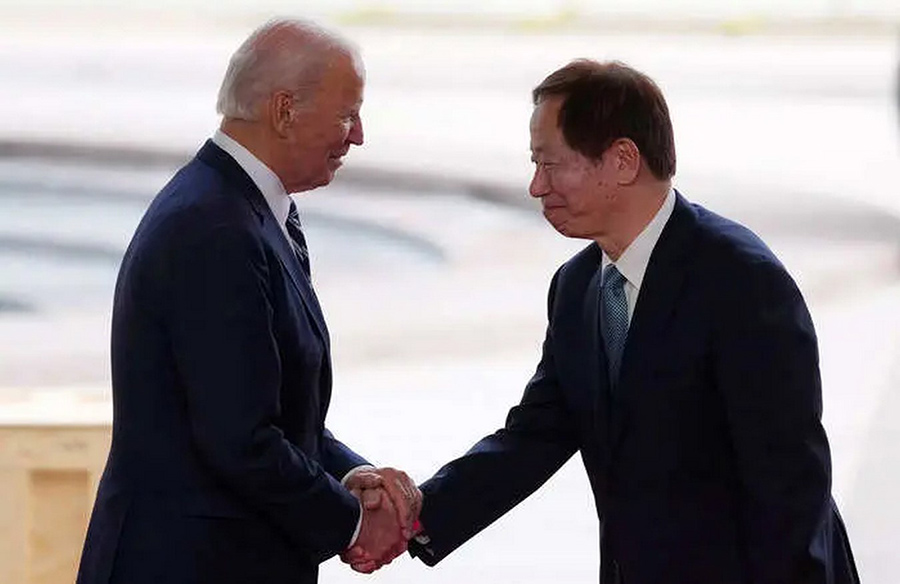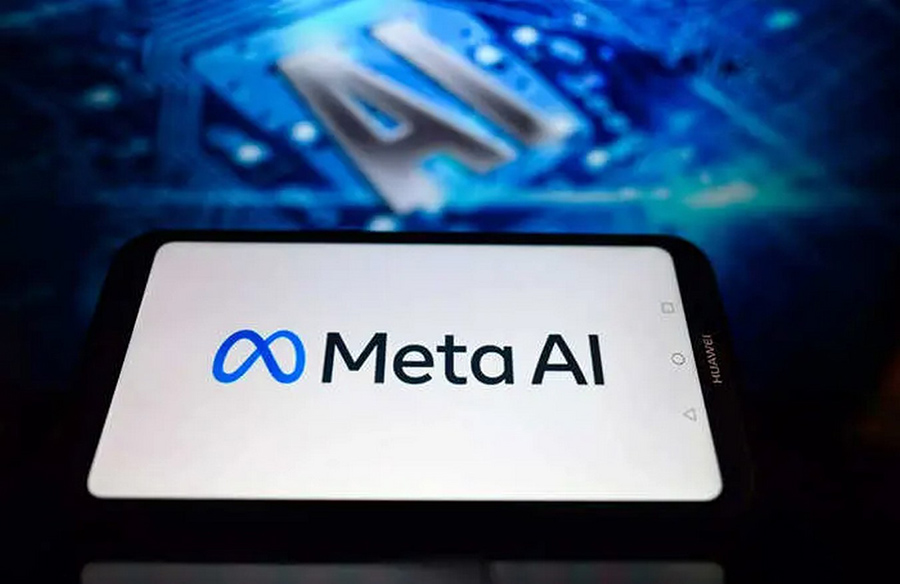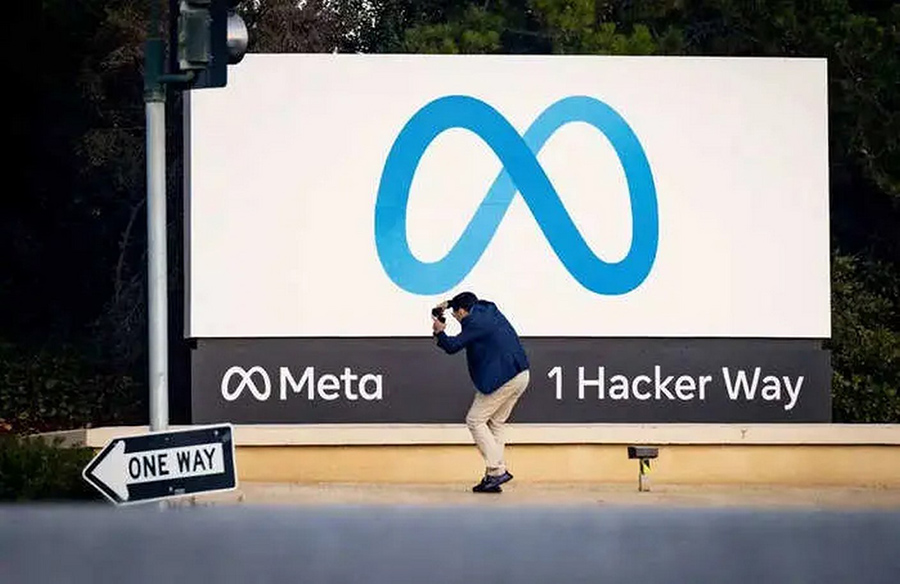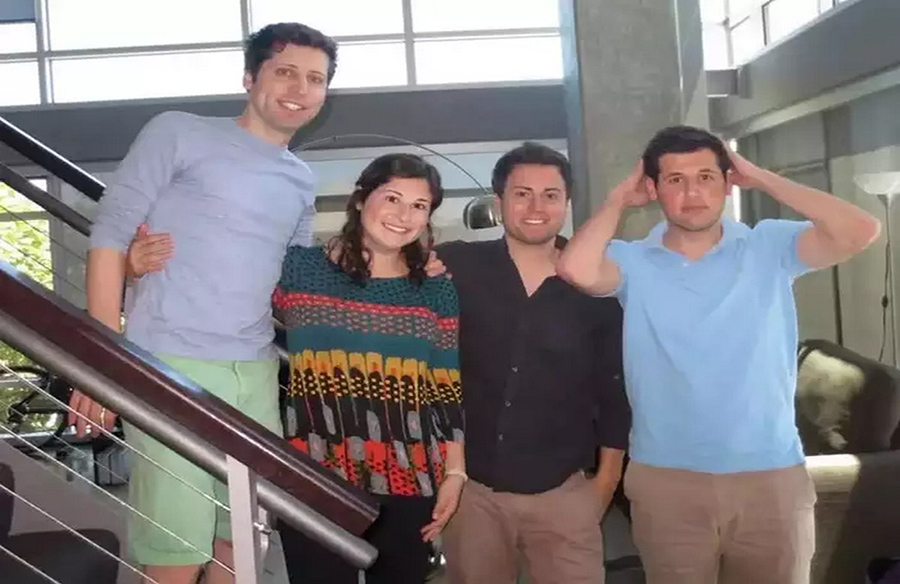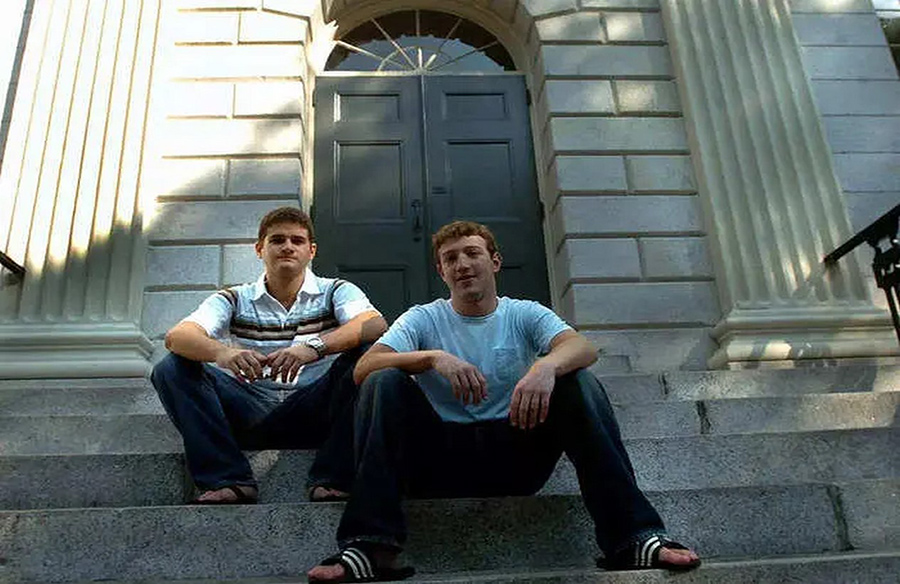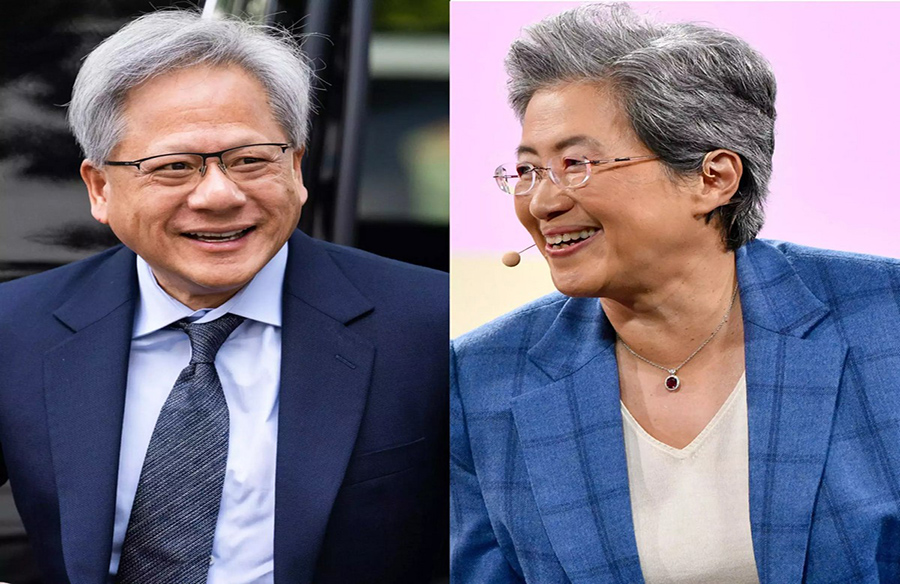Minneapolis Ride-Hailing Driver Pay Debate

Minneapolis finds itself in the epicenter of a contentious debate revolving around the earnings of Uber and Lyft drivers. At the heart of the matter lies the question of how much these drivers truly make and what minimum pay standards they should be guaranteed.
Growing Concerns Over Driver Pay
The issue of ride-hailing driver pay has gained traction nationwide, with drivers expressing dissatisfaction over diminishing profitability, particularly attributed to programs like “up-front fares” and a surplus of drivers. This discontent culminated in a nationwide protest on Valentine’s Day, highlighting concerns regarding pay, safety, and deactivations.
Disagreement Over Earnings
Drivers argue that the earnings estimates provided by Uber and Lyft fail to consider essential expenses like gas and maintenance, along with the time spent between trips. This sentiment is echoed by experts like Erin Hatton, a sociology professor, who emphasizes the challenges faced by drivers in making ends meet due to hidden costs and income instability.
City Council’s Pay Standards
On March 7, the Minneapolis City Council passed an ordinance requiring ride-hailing companies to pay drivers $1.40 per mile and $0.51 per minute, with a guaranteed minimum earning of $5 per trip, excluding tips, for rides within the city. Despite Mayor Jacob Frey’s initial objection to lower pay guarantees, the council overrode his veto on March 14, setting the ordinance for implementation on May 1.
Uber and Lyft’s Response
Both Uber and Lyft have threatened to withdraw from Minneapolis if the ordinance takes effect, citing concerns about fare increases and operational sustainability. They argue that such standards would significantly impact both riders and drivers, making their operations untenable.
National Context and Potential Ramifications
Minneapolis joins other cities like New York City, Washington, and California in addressing driver concerns through minimum pay regulations. However, the standoff between ride-hailing companies and local governments reflects broader debates about gig worker rights and fair compensation.
Uncertain Future
The looming deadline of May 1 raises questions about the potential departure of Uber and Lyft from Minneapolis. While some drivers view these threats as bluffing tactics, concerns persist about the economic implications for drivers and the accessibility of ride-hailing services, especially for low-income individuals and people with disabilities.
Ongoing Debate and Path Forward
The dispute underscores the complexities of regulating gig economy platforms and ensuring fair compensation for workers. As Minneapolis navigates these challenges, finding a balance between driver earnings, consumer affordability, and industry viability remains paramount.


 English
English 






































































































































































































































































































